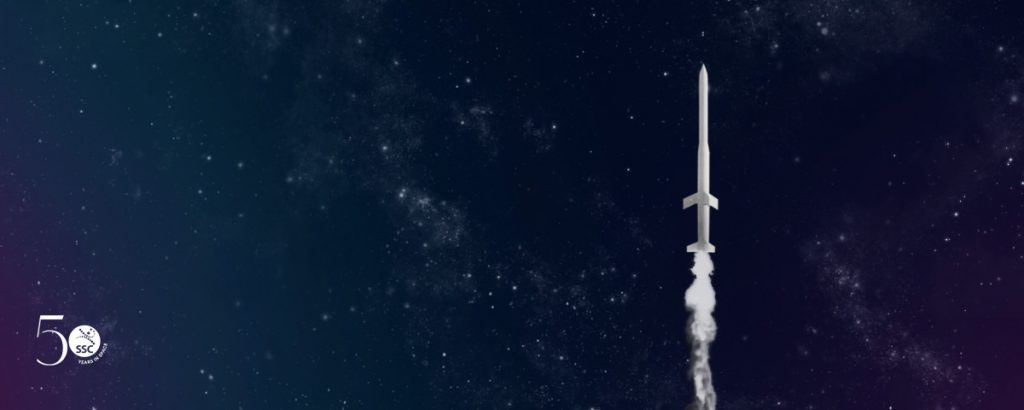Together with NASA, through the Artemis program, SSC is going back to the Moon with plans to explore more of the lunar surface and to build a permanent base camp there. And later preparing for the next giant leap: sending astronauts to Mars. Stefan Gustafsson, Senior Vice President Strategy & Sustainable Business, explains that SSC has won all the contracts for supporting these coming missions.
“We have a unique heritage from lunar missions all the way from the Gemini and Apollo missions in the 60’s. Lunar missions is of great importance to humanity and our planet. That is what we aim for. We will keep pushing the evolution of our societies by benefiting from the possibilities that lie in Space, ultimately finding new solutions to develop life on Earth in a sustainable way.”
But with so much happening in Space, Stefan Gustafsson emphasizes that the need for basic regulation is a growing concern that need to be addressed:
“With all the traffic leaving, returning, and orbiting the planet, space traffic management has a natural place in the future to keep things in order. That is something that SSC is focused on helping to develop. This is also part of our mission of being an important asset to Sweden, Europe and the rest of the world in Space.”
Increasing access to space
Half a century has passed since SSC started exploring Space. Looking fifty years ahead, Stefan Gustafsson visions a future with a lot more players in the space market:
“In the beginning, space research was very expensive and only reserved for scientists and astronauts. This is rapidly changing with private entrepreneurs and innovative companies – prices are dropping, miniaturized satellites can be manufactured in series and rockets are made reusable. For example, we are already seeing entrepreneurs like Musk and Bezos taking big steps, enabling exploratory services and technologies, including space travel and colonization of other planets.”
Although space travel have a long way to go, it’s safe to say that in the next century dreams of going to Space will also be possible for common people. But rather than gazing toward future colonization of other planets, Stefan Gustafsson wants to highlight the countless possibilities for space data and AI to revolutionize life on Earth:
“As parts of Earth’s infrastructure are now in Space and becoming a basic part of society’s common safety net, we can track and manage real-time events on our planet“
“Thanks to an ever faster digital transformation, new opportunities arise for solutions to the existential challenges that humankind face today, but also solutions that assist and develop everyday life on Earth. As parts of Earth’s infrastructure are now in Space and becoming a basic part of society’s common safety net, we can track and manage real-time events on our planet,” says Stefan Gustafsson and continues:
“With affordable and more advanced Earth observation satellites it’s now possible to collect large amounts of data which is then processed by AI programs and transformed into understandable information, about everything from Earth’s health to automation of societal functions and everyday life. Space is no longer something dark and distant, it’s a prerequisite for humanity to continue develop in a sustainable way.”

